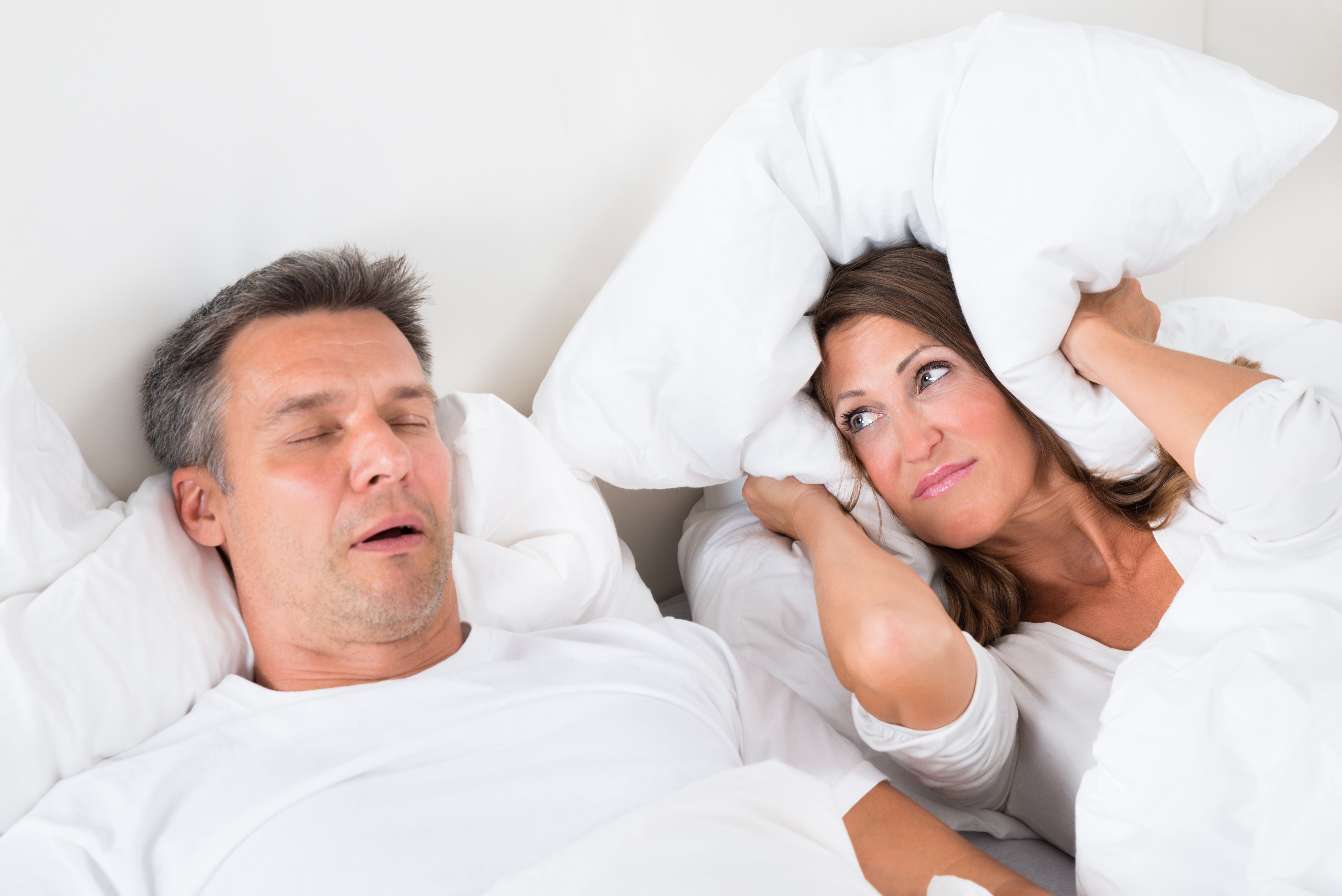
Sleep apnea is a dangerous condition that makes you intermittently stop and start breathing while asleep. Without treatment, it may result in daytime fatigue, loud snoring, high blood pressure, and heart problems. Though these issues seem similar to the usual snoring, they have different causes and intensities.
Sleep apnea can occur in three forms: central, obstructive, and complex.
Central Sleep Apnea (CSA)
CSA happens when the brain cannot communicate sufficiently with your breathing muscles. When this occurs, you may temporarily cease to breathe for a moment. Such a scenario may cause you to wake up abruptly with shortness of breath. You may also experience difficulty staying asleep or getting to sleep.
Central sleep apnea does not discriminate against age—it can affect children and adults. However, some aspects of your life may increase your chances of getting or exacerbating the condition.
Obstructive Sleep Apnea (OSA)
OSA affects most people suffering from sleep apnea. It occurs when the muscles in your neck and head relax while sleeping. When this happens, it causes the surrounding tissue to compress your windpipe, making you unable to breathe. The muscles in the throat support your uvula, tongue, soft palate, and throat walls.
Without sufficient air, the oxygen level in your blood becomes low while you sleep. The reaction makes your brain temporarily wake you to reopen your airway. Usually, this awakening is so brief that most may not remember the incident.
During this short period, you might choke, gasp, or snort up to 30 or more times each hour you are asleep. These short waking moments often lead to fatigue since you cannot experience continuous, restful sleep.
Complex Sleep Apnea
Medicine also refers to this condition as treatment-emergent CSA (TECSA). As the name suggests, it is a complex type that combines an OSA diagnosis and CSA effects. Some may define it as the persistence or emergence of central apnea while undergoing therapy for obstructive sleep apnea.
Common Symptoms
The symptoms of all sleep apnea often overlap, making the determination difficult. A person with the condition may miss their episodes of not breathing. To get this information, doctors may rely on the person sleeping close to them. Other symptoms may include the following:
Irritability
Loud snoring
Trouble paying attention while awake
Gasping for breath during sleep
Excessive hypersomnia
Waking up with a dry mouth
Insomnia
Morning headaches
Treatments for Sleep Apnea
The type and severity of your sleep apnea dictate the treatment approach that your doctor will recommend. However, none can cure the condition; they only control the recurrence of apnea events. Most of them require a change or addition to your daily routine.
Some of the available treatments include:
Medications that are currently only for central sleep apnea
Conservative treatments or nonmedical approaches can resolve obstructive sleep apnea
Surgery
Oral appliances or mouthpieces that hold your tongue and jaw in place to remove pressure on your windpipe
Adaptive ventilation devices and positive airway pressure help increase air pressure in your esophagus when you breathe
Nerve stimulators
For more information on sleep apnea, visit Above and Beyond Dental at our Bedford, Texas office. Call (817) 571-1667 to schedule an appointment today.







